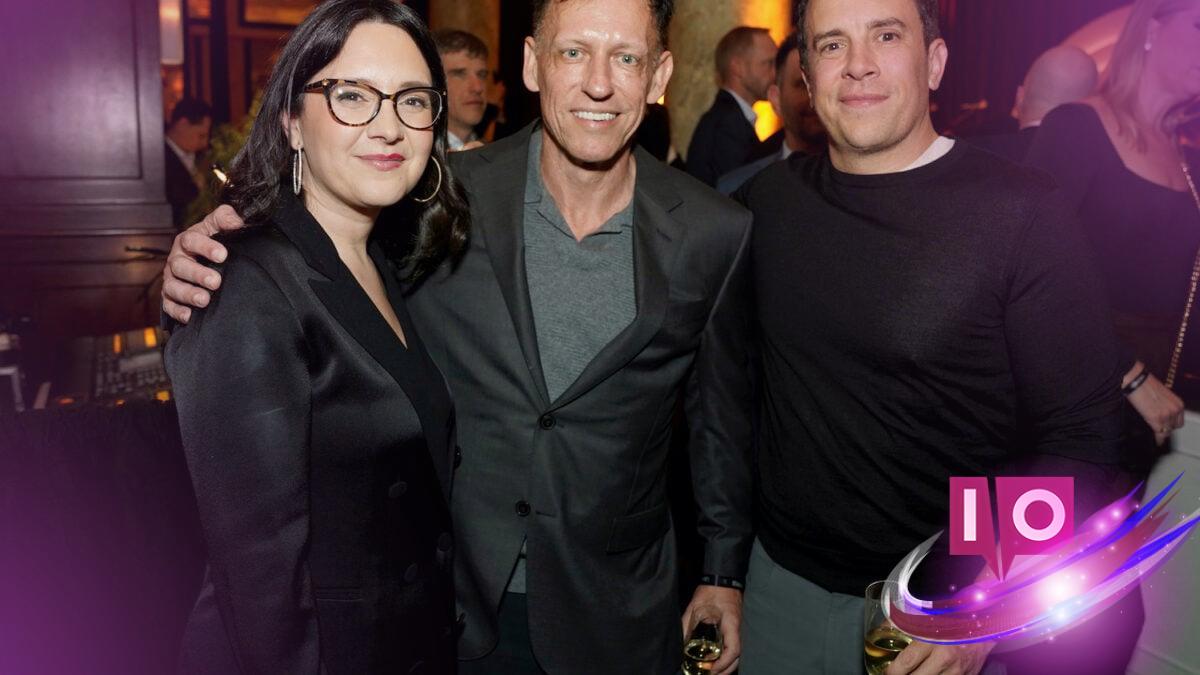In recent years, online education has transformed dramatically, offering unique platforms that connect students with unconventional teaching methods. One noteworthy development is the founding of the University of Austin by Bari Weiss, a prominent figure associated with the so-called “intellectual dark web.” This new institution claims to champion the bold pursuit of truth, fueled by substantial financial backing from billionaire donors dissatisfied with mainstream university ideologies.
Bari Weiss gained fame for her controversial views that resonate with many who feel marginalized by the current academic landscape. The University of Austin positions itself as a bastion for open thought in an era increasingly dominated by “cancel culture”. But what are students actually learning at this university, and how does it compare to traditional institutions?
1. What Is the University of Austin?
Founded by Bari Weiss, the University of Austin aims to provide a space where students can engage in free thought without the constraints imposed by conventional educational settings. Promoted as a platform for those who dare to think differently, UATX has attracted attention for both its innovative approach and its controversial founders.
2. Who Is Behind the University of Austin’s Funding?
Reports indicate that UATX is primarily funded by wealthy donors who are reportedly disillusioned with the responses of prominent universities to recent political controversies. This influx of capital not only supports the university’s operations but also shapes its messaging and curriculum.
3. What Are Students Learning?
Recently, the university showcased a glimpse of its curriculum, wherein freshmen were tasked with a rigorous reading program. They tackled the views of Alexander Karp, CEO of Palantir Technologies, alongside the philosophical warnings of Plato. The intensity of the debates sparked enthusiasm, prompting some students to forgo lunch to continue their discussions.
What Role Does Technology Play in Education Today?
Technology’s role in education is evolving, with courses often incorporating cutting-edge topics like technological governance and their implications in modern warfare. UATX’s approach appears to embrace this trend, though its focus on one perspective has raised eyebrows.
4. Who Is Alexander Karp?
Karp is a billionaire businessman known for his controversial opinions and the controversial actions of his company, Palantir. His relationship with both American defense and Israeli security interests adds layers to the narrative surrounding the curriculum at UATX. Critics argue that showcasing his ideas equates to endorsing his corporate ethos, sparking discussions about the ethics of such endorsements in academia.
5. How Are Students Responding to Their Curriculum?
Feedback from students indicates a mix of enthusiasm and skepticism. While some appreciate the unique platform for discussion, others express concern about being exposed to a limited ideological spectrum. As debates rage over educational priorities, it’s crucial to question how well-rounded this education truly is.
What are the broader implications of trying to cultivate “fearless thinkers”? Are we nurturing critical analysis, or merely promoting one-dimensional views? Engaging with these questions is vital to understanding the future of education.
Is the University of Austin influencing educational standards elsewhere? As institutions grapple with similar ideological divides, the impact of UATX on future academic models remains to be seen.
What can students expect from unique educational environments? Novel platforms often promise more intimate settings and tailored curricula that challenge conventional pedagogical practices. However, the quality of engagement and diversity of thought should be central considerations when choosing such an institution.
So, as the landscape of education transforms, the University of Austin stands out as a bold experiment. Whether it becomes a beacon of innovative thinking or a cautionary tale depends on its implementation and the discourse it fosters. For now, the broader academic community watches closely.
To explore more on this evolving subject, check out Moyens I/O for further insights and discussions on the intersection of education, ideology, and technology.
